The Intertwined Challenges of Building Strong Institutions, Navigating Political Flux, and Empowering a Thriving Middle Class
Tsegaye Tegenu, PhD
2024-02-09
Exploring the dynamic relationships and interactions among institutional weakness, political instability, and the state of the middle class in Ethiopia is an exciting exercise. The interplay of these three key elements is currently shaping the Ethiopian society. Understanding their relationship is essential for informed decision-making, effective policy formulation, and promoting sustainable and inclusive development in the country.
Institutional weakness refers to deficiencies or inadequacies in the country’s institutions, such as government bodies, legal systems, regulatory frameworks, and other organizations. Institutional weakness manifests as corruption, inefficiency, lack of transparency, or an inability to enforce the rule of law. For a literature review on institutional weaknesses in Ethiopia, see Institutional Development in Ethiopia: Challenges and Policy Options. Political instability implies a state of unrest, uncertainty, or turbulence in the political sphere. This can include frequent changes in leadership, policy inconsistency, social unrest, and possibly conflicts or protests. Political instability can be both a cause and a consequence of institutional weakness. Political instability in Ethiopia has deep historical roots, and the Ethiopian Revolution in 1974 was a pivotal moment that significantly influenced the country’s political landscape.
The revolution was a series of events that led to the overthrow of Emperor Haile Selassie and the establishment of a Marxist-Leninist government known as the Derg. While the revolution initially aimed for positive changes, the Derg regime’s rule was marked by political repression, human rights abuses, and a centralized command economy. The Red Terror, a campaign of political repression, resulted in widespread violence, purges, and mass executions.
The Derg’s policies and actions fueled regional tensions and resistance movements, leading to the formation of EPLF and TPLF and the start of an internal civil war in the country. The post-Derg era saw the adoption of ethnic federalism as a critical feature of the country’s political structure. Regions were organized along ethnic lines to address historical inequalities. However, this approach has also been a source of tension, contributing to ethnic-based conflicts and challenges to national unity.
Theoretically, the middle class is a socio-economic group within a society that falls between the upper and lower classes. It’s characterized by a moderate to comfortable standard of living, often associated with a specific range of income, education, and occupation.
The middle class comprises individuals or households with incomes and lifestyles that position them between the wealthiest and poorest. It is a moderately affluent segment but also not in poverty.
In Ethiopia, we have a weak middle class. Many of the population needs more economic stability, social mobility, and access to opportunities. This population segment needs more access to education, healthcare, and economic resources. A weak middle class can contribute to social and economic disparities.
The three elements (institution, politics and middle class) are not isolated; they interact and influence each other. For example, institutional weaknesses contribute to political instability by eroding public trust in the government. Political instability, on the other hand, hinders the development of a robust middle class by disrupting economic activities and deterring investment. Finally, a solid middle class needs more economic and political influence to demand vital institutions and contribute to political stability.
Addressing the interplay of institutional weakness, political instability, and a weak middle class involves implementing targeted and comprehensive strategies that address each element.
Regarding institutional weakness, it is necessary to reinforce the rule of law to ensure that institutions operate with transparency, accountability, and fairness. Implementing and enforcing anti-corruption measures within public and private institutions can strengthen institutions. It is also necessary to invest in building the capacity of institutions to perform their functions effectively and efficiently.
About political instability, it is necessary to undertake the following reforms:
Undertake democratic reforms to strengthen institutions and processes to ensure inclusive and transparent governance.
Address underlying causes of political instability, investing in conflict resolution mechanisms and dialogue.
Promote political inclusion and representation of diverse groups within the political system.
The solution to institutional weakness and political instability is strengthening institutions and political governance in the country. It is also necessary to undertake economic development, which creates a robust middle class in the country. As economies grow, more people have access to education, employment opportunities, and upward social mobility. A robust middle class emerging from economic development contributes to the active participation of citizens in democratic processes.
A politically engaged and informed middle class can advocate for good governance and hold leaders accountable. The question is, what are the strategies and policies for creating a middle class in Ethiopia? Taking into account the pressure of rapid population growth in the country, I suggest that policymakers implement comprehensive strategies that address the following issues:
Job Creation for the unemployed: Job creation is fundamental to the growth of the middle class. When new job opportunities emerge, individuals can move from lower-income positions to more stable, higher-paying jobs.
Income Growth for the employed: Income growth is closely linked to economic mobility. Policies and economic activities that lead to higher incomes contribute to the expansion of the middle class as individuals move into higher income brackets.
Business Development and Entrepreneurship building: Encouraging business development, tiny and medium-sized enterprises (SMEs) contribute to economic growth and generate employment opportunities. SMEs are often significant contributors to the middle class.
Local Economic Transformation and Diversification: Transforming local economies by diversifying industries and promoting economic activities can lead to more resilient and prosperous communities. This contributes to the emergence and growth of the middle class at the local level.
Poverty Alleviation is one of the pathways to the Middle Class: Poverty alleviation efforts are crucial in creating a foundation for the middle class. As individuals and families move out of poverty, they enter the lower rungs of the middle class, fostering economic stability.
Poverty Reduction through Social Services: Social services such as education and healthcare help reduce poverty by improving human capital. A well-educated and healthy population is better equipped to participate in the workforce and contribute to the middle class.
Balancing Local, Urban, and Regional Development. Focusing on local, urban, and regional development ensures that economic opportunities are distributed more evenly. This can prevent the concentration of wealth in specific areas and promote a more balanced middle-class growth.
Combining the above measures on institutional strength, political stability, and middle-class formation creates a positive feedback loop. A functioning democracy can provide conducive environment for economic development, and economic development, in turn, can strengthen democratic institutions and political stability and empower the middle class. This interconnected approach recognizes the multifaceted nature of the challenges faced by the country. Comprehensive strategies that address institutional weakness, political instability and the weak middle class are often most effective in promoting sustainable development and stability in the country.
This article has appeared in Ethiopian Business Review, 12th Year • December 16 2023 – January 15 2024 • No. 124

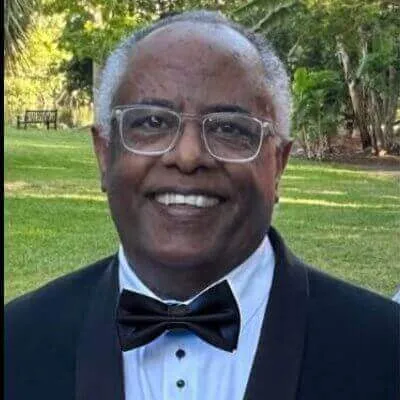
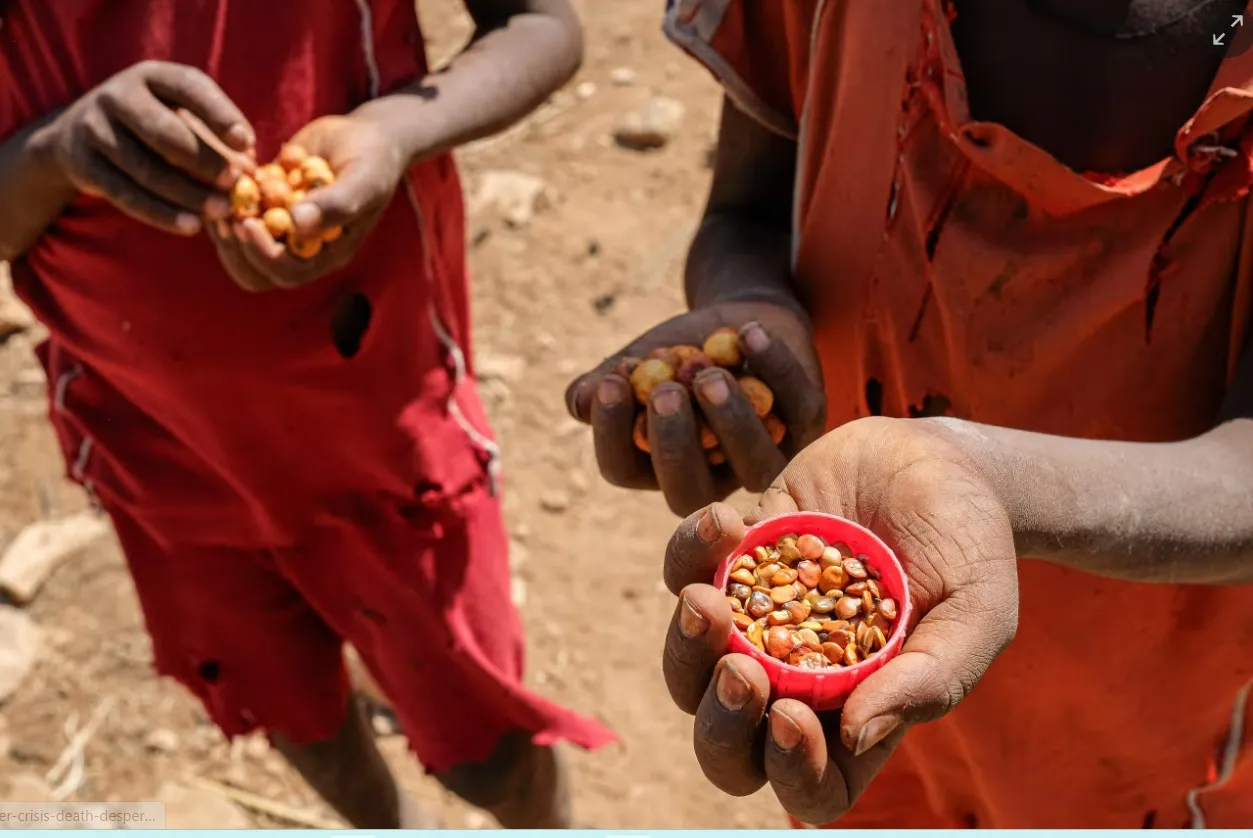
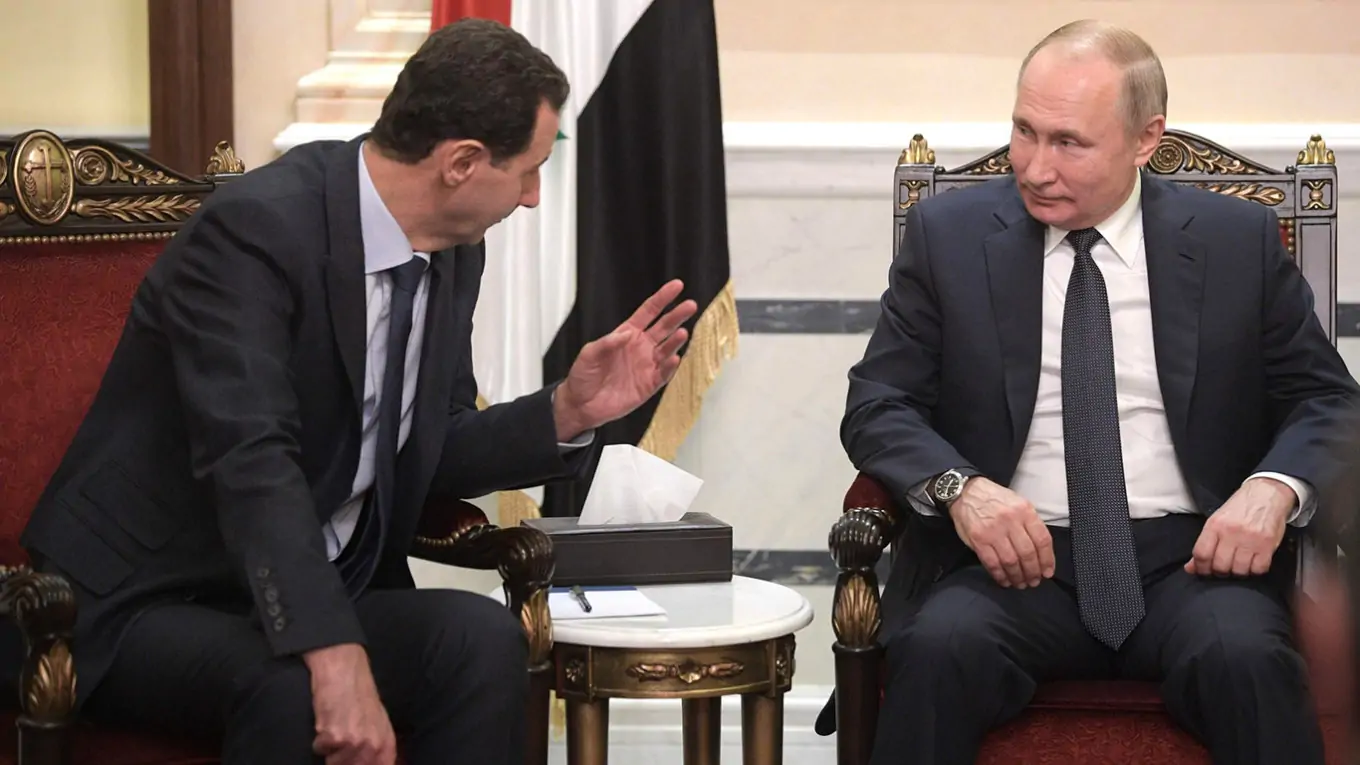
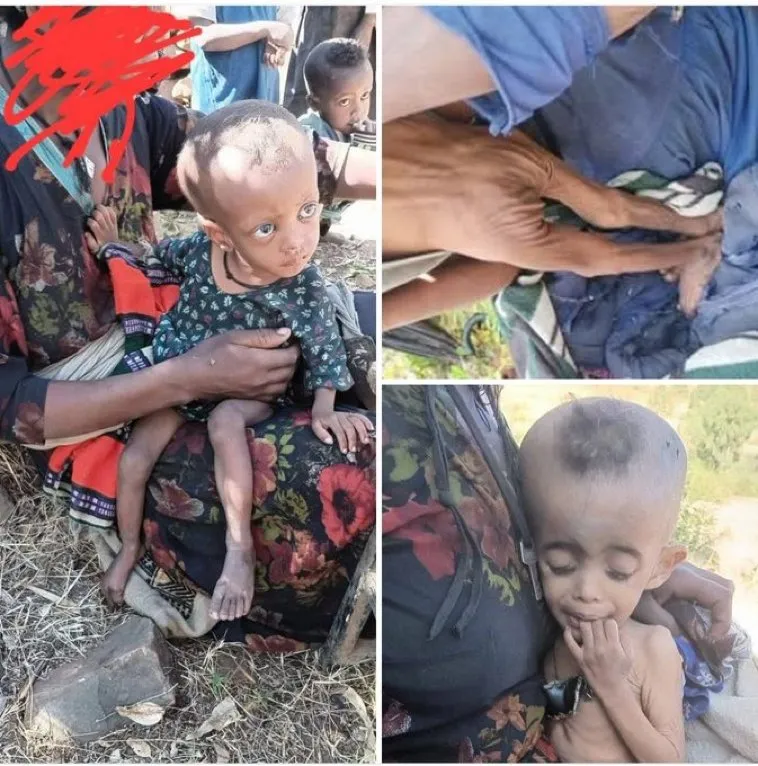










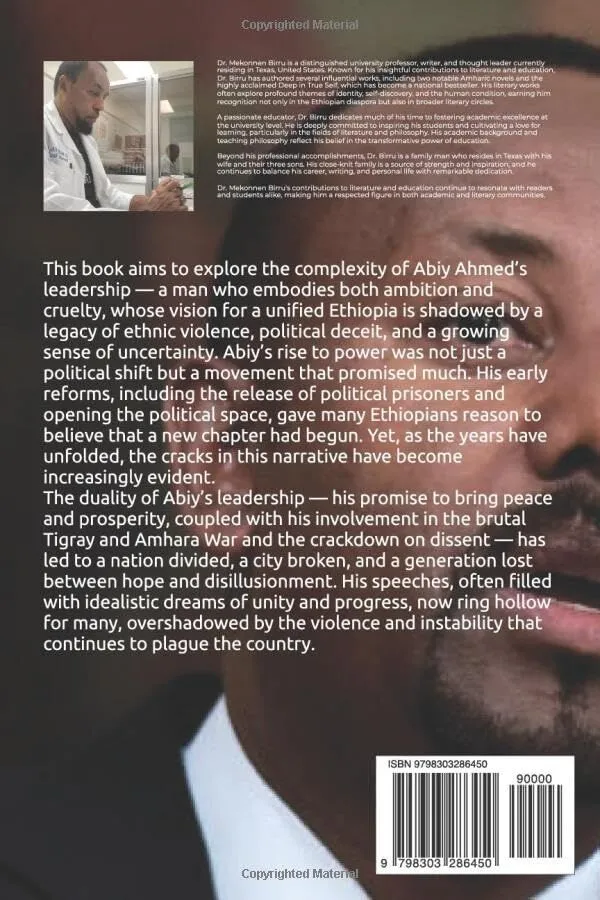
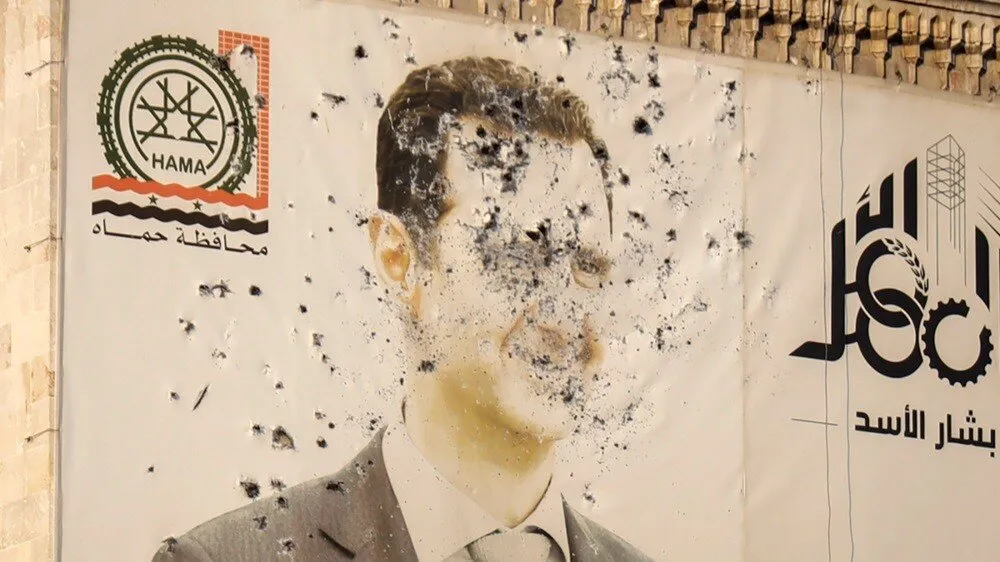
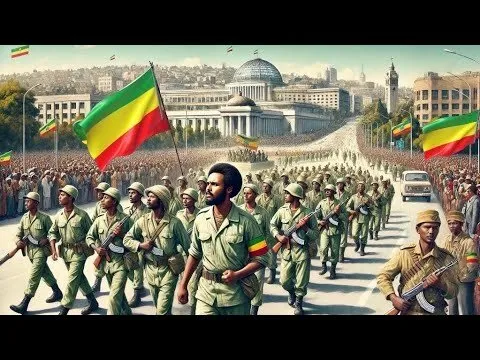
Derg, TPLF, equilibrium blah blah blah
There is massacre and genocide going on, this guy talks about middle class, economy, hodd and so on. Wow! what sort of person is he?
As always I am getting educated by the dear brother Obbo Tsegaye Tegenu, PhD’s article once more. I will post another comment to share my own real life experience I believe that will go well with the brother’s essay. For now, I profusely thank the dear brother for staying clear of using terms intended to denigrate a group of people. I and the country that produced us all would grateful of him for being free of the disease of making terms like ‘Neftegna, Woyane and Oromummaa’ weapons of mass denigration that seems to afflict many intellectuals among us these days. He gives me hope when I am on a cusp of losing one. Bravo! Bravo!! Bravo!!!
Dear Brother ITTU ABA FARDA. Thank you for your encouragement. I always appreciate your comments. In my research works, I have always in my mind the millions of Ethiopian youths who tragically lost their lives due to incessant civil war and outmigration in the past five decades. My view is that one can only address this recurrent problem by focusing on the root cause rather than the underlying causes and symptoms. By eliminating the root causes of the problem, you can prevent its recurrence and mitigate its downstream impacts. What makes me different from others is my effort to study the problems at their root cause and provide more efficient, effective, and sustainable solutions.
Wishing you all the best
Tsegaye
Wow! you said ” What makes me different from others is my effort to study the problems at their root cause and provide more efficient, effective, and sustainable solutions.”
So, if a house is caught in fire, you will go to find out the root cause of the fire before you vanquish the fire! Mr. different or special person, what is your PHD on? It must be a kind of Abadula’s PHD.
What the dear author wrote in this particular paragraph reasoned very well with me. He stated that ‘Theoretically, the middle class is a socio-economic group within a society that falls between the upper and lower classes. It’s characterized by a moderate to comfortable standard of living, often associated with a specific range of income, education, and occupation.’
In the history of the modern world irrespective of any developed or developing country, the middle class was the one that takes the lion’s share of transforming the society. In those countries where free enterprise was/is maligned this particular class was demonized and targeted for prosecutions. Commies in charge of such countries have labeled it ‘petty bourgeois’ as unreliable and often the enemy of the people. Mao targeted and murdered millions of them during his ‘Let A Hundred Flowers Bloom’ entrapment. Lenin and Stalin were merciless to whoever they saw or suspect as a middle class during their ‘great purges’. Castro and his gang of murderers had a field day in killings of this class. Even in our own destitute country that did even know which was is up in capitalism, the nascent middle class was labeled ‘petty bourgeois’ and ‘the number one enemy of the people’ and slaughtered like there was not tomorrow by the dumbbell Mengistu and his allied intellectuals. Even those commies that stood against Mengistu were incessantly demonizing this piece of the puzzle for advancement. When the bloodletting was said and done this class was decimated and the country left in ruins.
But while our old country was busy demonizing and decimating this class of innovations, others were letting it strive. My best example among many was Taiwan. In many cases, Taiwan is a go-to example and darling for me. I had the chance and the privilege to see that country do the miracle on location in the 1970’s and 80’s. In the 1960’s and 70’s, Taiwan was known for being a destination for American GI’s during their R&R breaks. You can say it was an island of brothels providing the main means of making a living for their women. But on the other hand their visionary leader was busy building modern infrastructures such as modern networks of highways, ports and facilities well set up for factories. Soon factories began coming to neighborhoods where the brothels were offering women for sale. Then those women were flocking in droves into those factories. That was a testament where industrialization is the ultimate liberator of women. The women I saw as machine operators when I visited their factories the first time, I found several of them moving up the ladder as lead women and later on as factory owners. Some of those successful women have remained dear friends to me and my wife to this day. Industrialization there brought millions both men and women from abject poverty into the realm of the middle class.
But that middle class did not sit on its laurels after achieving its newly found prosperity in Taiwan. Since it was now the majority in the cities and towns where tens of millions call it home, it started demanding changes, changes in the type governance and was able to bring down the dictatorship without taking to the bushes. It helped usher in a multi-party democratic governance in how we see and envy it today.
With out an all out industrialization, there will only be a trickling middle class and a stagnant society. That is why I decry and condemn when I read/hear stories of factories being burned down no matter who owns them. During the 2016-2018 popular uprising, I used to read stories in some American newspapers where some self acclaimed leaders of the protest living among us giving interviews how their followers were burning factories. When they were asked if burning down factories is productive, then they tried to make a lame excuse telling reporters that their supporters were burning only those factories owned by the government officials or those connected to the regime. That wanton destructive violence left thousands of employees jobless in an instant. Please note that those who tried to justify such destruction were supposed to be well read intellectuals. I had condemned that vehemently on every website I could find at the time. Boy, was I trashed and called all kinds of pejorative names! This is the stupidity we have to deal with.
Finally, this is for my dear brother Obbo Tsegaye Tegenu, PhD. Please don’t be discouraged by loser detractors and don’t respond to their worthless shenanigans. If you do, it is like putting a priceless silk on a pig. Just ignore them.
Make that: Even in our own destitute country that did even know which Way is up in capitalism, the nascent middle class was labeled ‘petty bourgeois’ and ‘the number one enemy of the people’ and slaughtered like there was not tomorrow by the dumbbell Mengistu and his allied intellectuals. Even those commies that stood against Mengistu were incessantly demonizing this pie